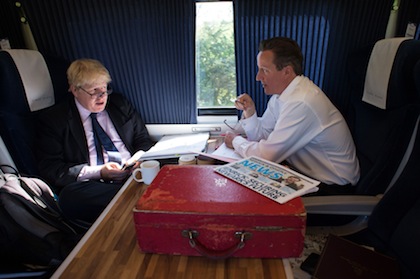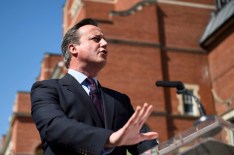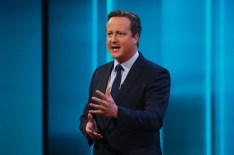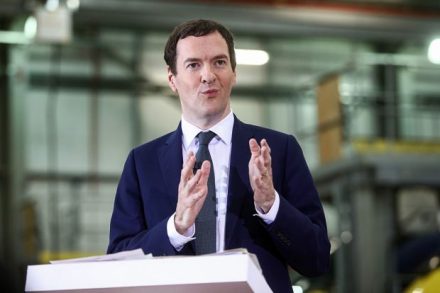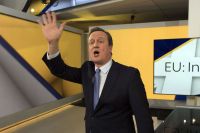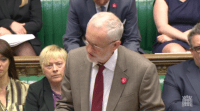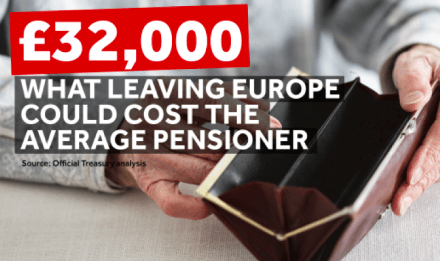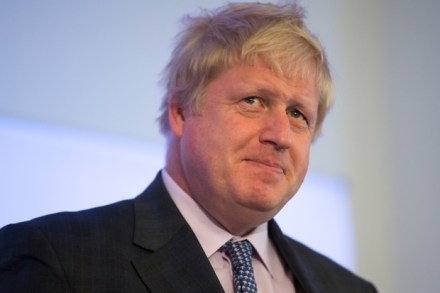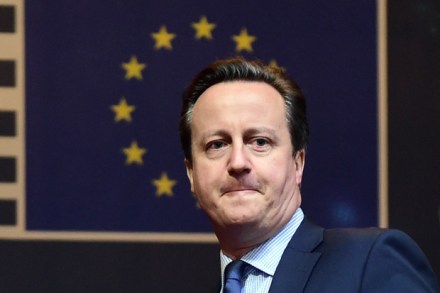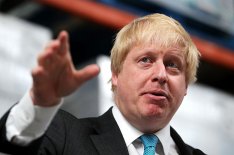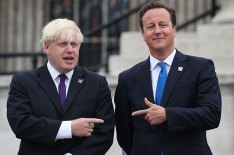Boris makes it clear he isn’t interested in a coup against David Cameron
The murder of Jo Cox was a moment that leaves you numb; an MP paying the ultimate price for the open society we live in. For the fact that our representatives live and work among us. Despite this tragedy, democracy must go on. By this time next week, the EU referendum will be over. The country will have made up its mind. Whether it is Leave or Remain, the UK will need a period of stability. This means David Cameron staying on as Prime Minister and, as I reveal in The Sun today, plans are already well advanced to ensure that this happens. Boris Johnson has signed a letter saying
